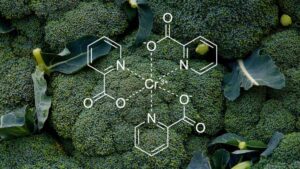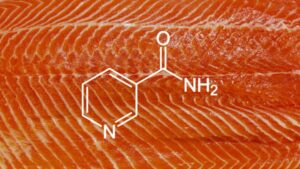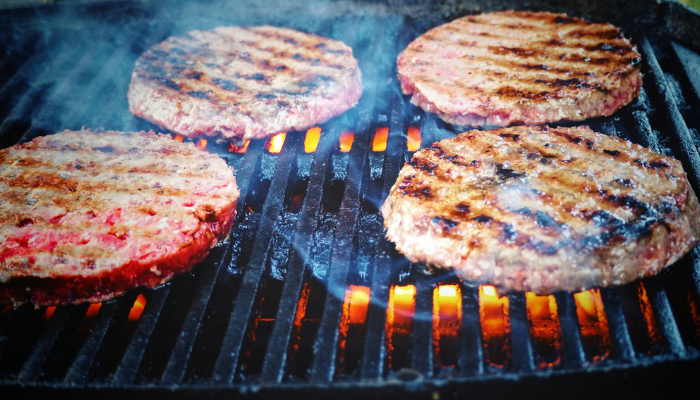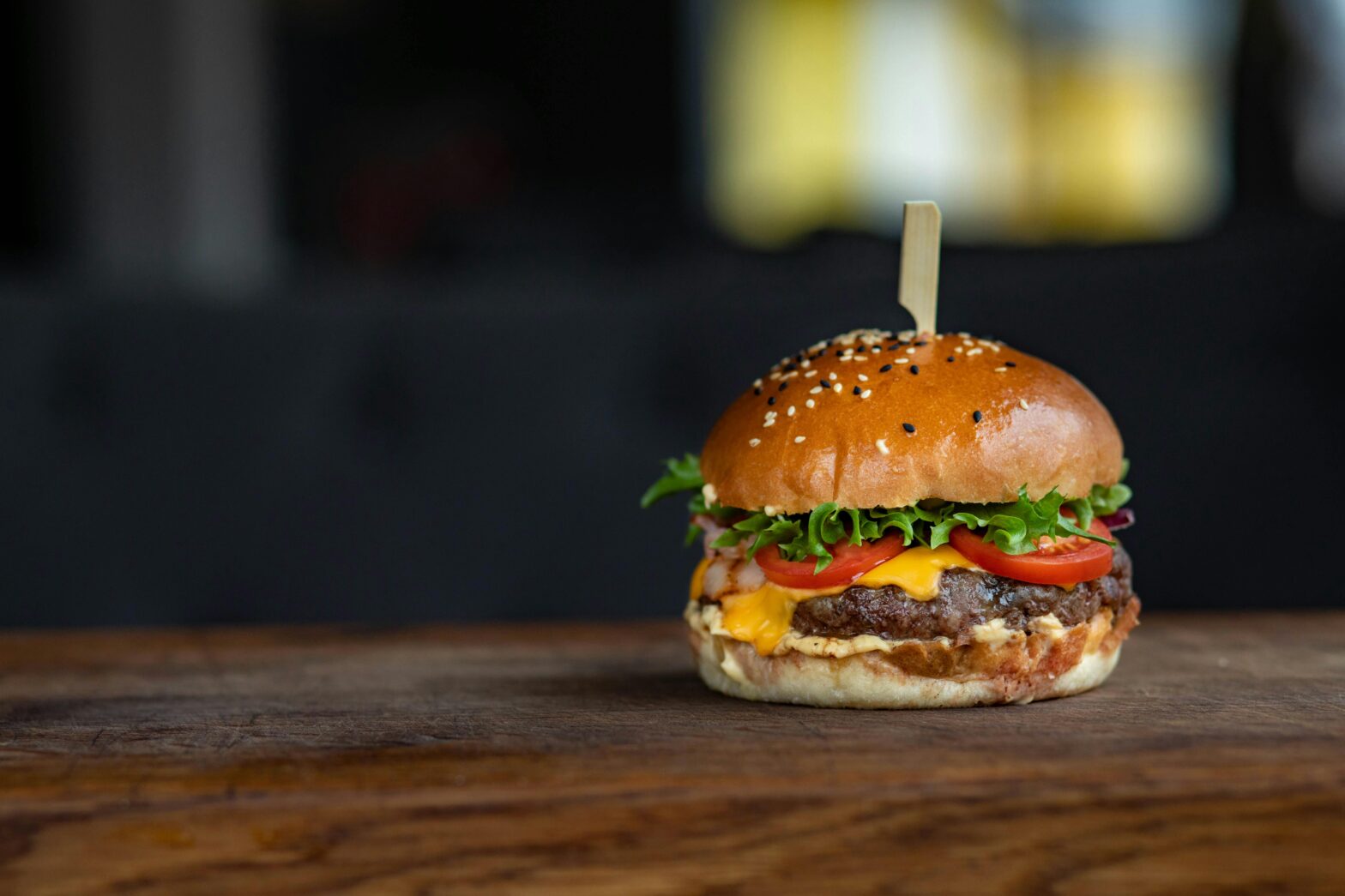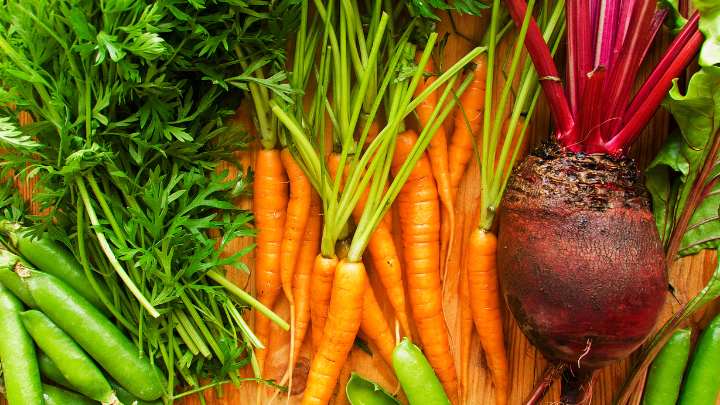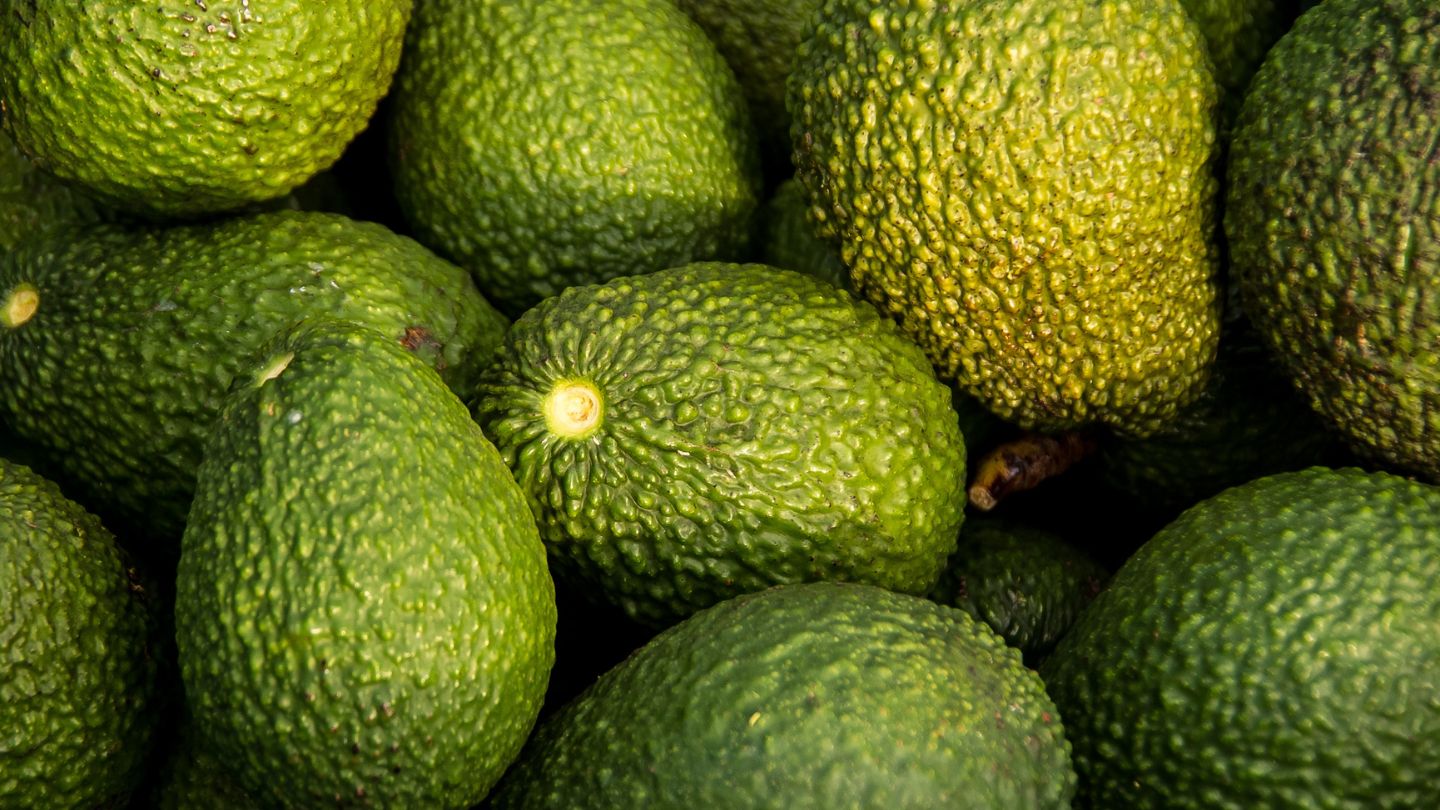Ever wondered where in the world you could enjoy a life so lengthy that candles won’t fit on your birthday cake anymore? Forget myths and folklore; the answer isn’t a hidden fountain but quite possibly within your reach.
Discover the Blue Zones diet: 11 secrets of the longest-lived. These are regions that host the most centenarians, who not only live long but live well.
Over 150 dietary surveys of the world’s longest-lived people have been analysed to provide the following tips for longevity.
Are you ready to feast like you’ve got a century or two to live?
In this article
Free guide to reverse your biological age

- Master the science of rejuvenation.
- Apply proven tips to turn back the clock.
- Transform your health with top longevity specialists.
Secret 1: the green scene
Don’t let your diet go colour-blind.
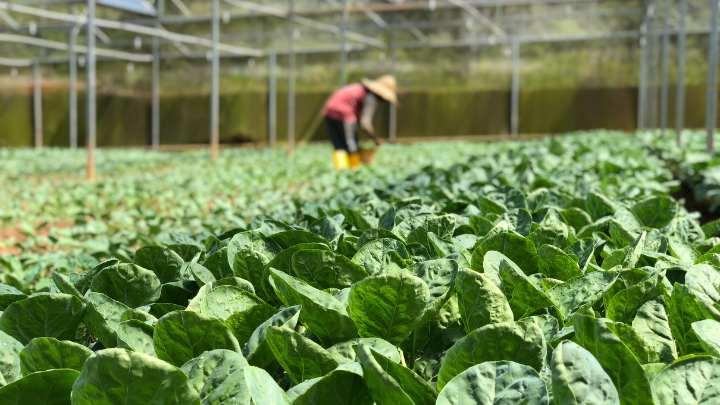
In Blue Zones, garden vegetables are eaten seasonally, then pickled or dried for off-season enjoyment. Sadly, most of us can’t grow our own vegetables, or haven’t given time to doing it.
In that case, the crème de la crème of our anti-ageing foods are leafy greens. Think spinach, kale, and the tops of beets and turnips, along with chard and collards. Opt for seasonally available greens to add both diversity and vibrancy to your meals.
When it comes to oils, plant-based varieties are highly preferred, far outperforming their animal-based counterparts. Though not the sole virtuous plant oil, Olive oil remains a favourite in Blue Zones kitchens.
Studies reveal that a generous splash of this golden liquid can boost up your good cholesterol while pushing down the bad.

In the longevity hotspot of Ikaria, a daily dose of about 6 tablespoons of olive oil appeared to halve the mortality risk for those in their middle years.
Secret 2: meat as a guest
Less meat means more beats for your heart.

Though meat isn’t entirely off the table in 4 out of the 5 Blue Zones, it’s far from the star of the show.
Rather, it comes in rarely, served as a modest sidekick or acting as a seasoning. Data shows that a 30-year-old Adventist vegetarian could outpace their carnivorous peer by nearly a decade.

On average, Blue Zone residents have about 57 grams of meat around 5 times a month.
But let’s be clear, we’re not sure if this exact amount is the secret to their long life or just a happy coincidence of having minimised their meat consumption. The lesson here is to simply reduce your meat consumption.
The Adventist Health Study 2, which has been tracking 96,000 Americans since 2002, shows that the true longevity champs are pesco-vegetarians. They’re all about plants, with some fish included from time to time.
You can still consider high-quality meat on special occasions. Maybe keep it for the high days and holidays. In Blue Zones, the go-to meat alternative is extra-firm tofu, rich in protein and compounds that keep the nasties at bay. If you need protein for your gains, you can also switch to that.
Secret 3: the finned equation
Balance your plate, not every day’s a fish day.

If fish is a must-have, think small portions—around 85 grams, max 3 times a week. In Blue Zones, fish is present, but more like a special cameo rather than a starring role. And they opt for up to 3 modest servings weekly.
There’s more to consider than just the menu; health and ethics are also on the table.
Choose sustainable options like sardines, anchovies, or cod, which are less likely to be contaminated with toxins like mercury or PCBs, since they’re smaller in size.
Blue Zone folks also aren’t out there plundering the ocean. Unlike big corporate fisheries, these local fishers don’t have the luxury of messing up their natural resources.
So, while fish isn’t a Blue Zones diet staple, if you’re going to indulge, stick to species that aren’t on the brink of a Finding Nemo sequel.
Secret 4: dial down on dairy
Reap the rewards of a dairy-reduced diet.
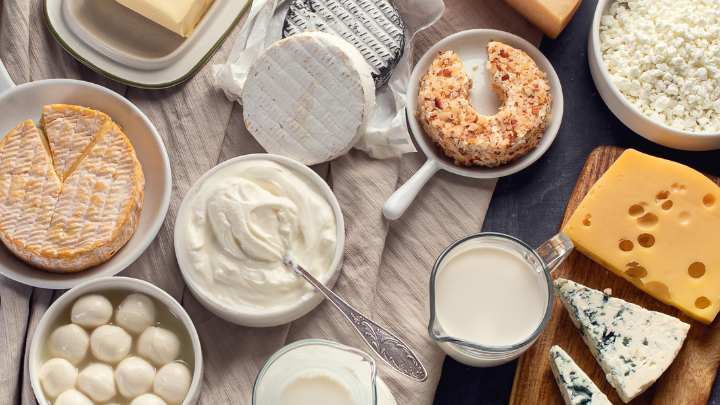
Cow’s milk? Not a big deal in most Blue Zones, except amongst some Adventists. It might be due to milk’s high fat and sugar ratios.

Up to 60% of the world population might be struggling to digest lactose without even knowing it.
Now, let’s talk goat’s and sheep’s milk; these are the Blue Zone celebs in places like Ikaria and Sardinia. It’s still debatable whether it’s the milk that’s doing the health wonders, or simply the fact that those Blue Zoners are also climbing the hills alongside the goats.
What’s fascinating is that most of this milk isn’t sipped but is transformed into yogurt, sour milk, or cheese.
And here’s the kicker: while goat’s milk has lactose, it’s also packed with lactase, an enzyme that helps you break it down. So, dairy dilemma? Solved.
Secret 5: rethink your egg game
Don’t blindly trust your Instagram coach.

In Blue Zones, eggs aren’t an everyday affair; it’s more like 2 to 4 times a week. And even then, it’s just one egg, often slipped into a plant-based or whole-grain dish.
Nicoyans fry an egg and tuck it into a corn tortilla with some beans. Okinawans? They boil an egg into their soup. In the Mediterranean Blue Zones, an egg is fried and served with bread, almonds, and olives for brekkie.
And these aren’t your average supermarket eggs; they’re from free-ranging chickens that eat natural diets and steer clear of hormones and antibiotics. Result? These eggs are Omega-3 powerhouses.
But there’s a catch. If you’ve got diabetes, be wary of egg yolks. Also, overeating eggs have been linked to a higher risk of prostate cancer in men and kidney issues in women. So, while eggs aren’t crucial for longevity, if you’re going to eat them, cap it at 3 per week.
Secret 6: bean fix 24/7
Redefine your diet by making beans your actual focus.

Beans are the VIPs of Blue Zones diets. A daily half-cup serving of cooked beans is your ticket to joining them.
In Nicoya, it’s all about black beans, while the Mediterranean leans toward lentils and chickpeas. Okinawans favour soybeans. The point? People in these longevity hotspots eat beans like it’s their job—4 times more than the average American.
So, why beans? Well, they’re pretty much a nutritional BOMB. Think 21% protein, 77% complex carbs for slow-burn energy, and just a little amount of fat. They’re also rich in fibre, easy on the wallet, and can be cooked in countless ways.
When it comes to nutrient density, beans are the gold standard, offering more help to your cells than any other food. Plus, they’re so hearty, they’ll probably nudge those less-than-ideal foods off your plate. Trust us, beans will make you full and happy.
Secret 7: sugar is not that sweet
Cut back on sugar, that’s the smartest move for your health.

Stick to a daily limit of 28 grams—that’s just 7 teaspoons—of added sugar. If you can go lower than that, us at Avea, we’ll even vouch for that.
In Blue Zones, people are savvy about their sugar, using it purposefully rather than mindlessly. They take in similar levels of natural sugars as North Americans but manage to cut the added sugar to just a fifth. Natural sugars from fruits or veggies? Not the issue here.
Now let’s have a look at the sugar surge. From 1970 to 2000, added sugar in American foods skyrocketed by 25%, equating to about 22 teaspoons per person daily.
This stealthy sugar found in sodas, yogurts, and condiments isn’t doing you any favours. Excess sugar doesn’t just kills your immune system; it also spikes insulin, potentially leading to diabetes, weight gain, and even a shortened lifespan.
Discover the effects of sugar on your skin here.
So, here’s the game plan: Treat cookies, candy, and baked goods as rare treats—best enjoyed during special meals. Limit added sugar in your coffee or tea to a max of 4 teaspoons daily. And if sugar ranks among the top 5 ingredients in any product, give it a pass.
Secret 8: nuts for life
Introduce unsweetened nuts a day to keep the diseases away.

Indulge in 2 handfuls of nuts each day, equating to about 56 grams—the same average intake of Blue Zones centenarians.
Whether it’s almonds in Ikaria and Sardinia, or pistachios in Nicoya, the nut habit seems to extend lifespans by 2 to 3 years, according to the Adventist Health Study 2.
For a power-packed nutty mix, consider almonds for their Vitamin E and Magnesium, peanuts for protein and Folate, Brazil nuts for Selenium, cashews for Magnesium, and walnuts for plant-based Omega-3 fats.
Among these, walnuts, peanuts, and almonds are your best bets for lowering cholesterol. So, going nuts could be your ticket to a longer, healthier life.
Secret 9: get sexy with sourdough and whole grains
Choose your breads wisely in life.
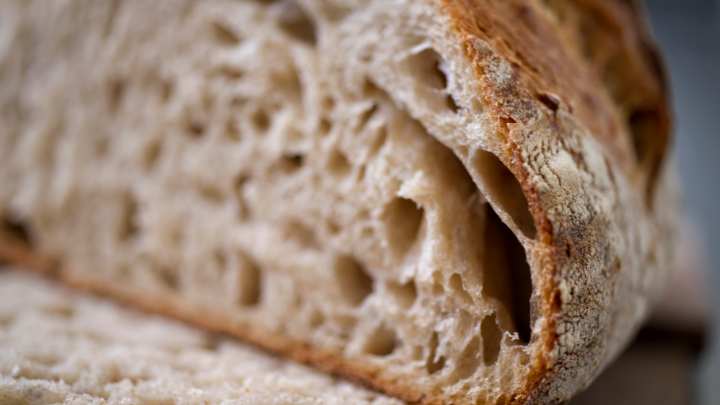
Choose only sourdough or 100% whole grain bread for a healthier option that’s more in line with Blue Zones diets.
Unlike commercial breads that spike insulin, Blue Zones breads are made from whole grains like wheat, rye, and barley, rich in nutrients such as Tryptophan, Selenium, and Magnesium. Whole grains also pack more fibre, beneficial for gut health.
If you’re partial to sourdough, you’re in luck. Traditional Blue Zones sourdough breads use lactobacilli bacteria to ferment the dough, reducing gluten levels and lowering the glycaemic load of your entire meal.
This makes the bread easier to digest, longer-lasting, and transforms your meal into a slower-burning, energy-releasing feast that’s less likely to be stored as fat.
Secret 10: whole foods, whole vibes
Elevate your mood with natural, wholesome bites.

Opt for single-ingredient, minimally processed foods to align your diet with those flourishing in the Blue Zones. Here, food is consumed in its complete form, rather than dissected into ‘healthier’ bits like egg-white omelettes or low-fat yoghurt. They relish in whole, nutrient-dense foods that offer the full range of vitamins and minerals.
What qualifies as a ‘whole food’? Think of items that are raw, cooked, ground, or fermented but not highly processed. As a rule of thumb, if the food from your grocery store contains more than 5 ingredients, it’s too processed.
Tofu gets a nod, while cheese-flavoured corn puffs decidedly do not. A typical Blue Zones dish comprises a handful of simple, natural ingredients, often locally sourced within a 10-mile radius.
These ingredients are expertly combined and cooked slowly, or fermented, an ancient technique to make nutrients more bio-available. This approach not only supports optimal health but also minimises the intake of artificial preservatives.
Secret 11: Hydrate like it’s your No.1 priority
Sip smarter, water really is your best friend.

Water should be your go-to, daily. The Blue Zones communities have a straightforward menu: coffee, tea, water, and moderate amounts of red wine. Soft drinks, which contribute to sugar overload in many Western diets, are notably absent.
Water
Adventists are advocates for hydration, aiming for 7 glasses of water per day. Science backs this up, linking adequate hydration to improved blood flow and reduced risk of clotting.
Coffee
Not to be outdone by water, coffee holds a revered spot in Sardinian, Ikarian, and Nicoyan rituals. This ubiquitous beverage is linked to lower risks of dementia and Parkinson’s disease. But it needs to be consumed in moderation.
Tea
Green or herbal, tea is the beverage of choice across all Blue Zones. Okinawans sip green tea throughout the day, a habit linked to lowered risks of heart disease and multiple cancers. Meanwhile, Ikarians prefer herbal brews featuring anti-inflammatory herbs like rosemary, wild sage, and dandelion.
Red wine
Lastly, the moderate consumption of red wine has its own merits. People who have a drink or two, especially with food and friends, usually live longer than those who don’t drink at all. But remember, this doesn’t serve as an open invitation to start drinking if you aren’t already. It’s just the antioxidant Resveratrol doing its work. If you’re already eating enough fruits and veggies, so be it.
Key takeaway from the Blue Zones diet: 11 secrets of the longest-lived
The Blue Zone diet is all about filling your plate with wholesome foods like beans, greens, fruits, and whole grains. These foods aren’t just tasty, they’re great for your health, and have been proven to promote longevity.
Remember to drink plenty of water instead of sweetened drinks. Sugar, really is your enemy. Stick to this simple plan, and you’re on your way to a healthier, longer life. Cheers to that!
*The article is a summary based on insights from the Blue Zones website.
